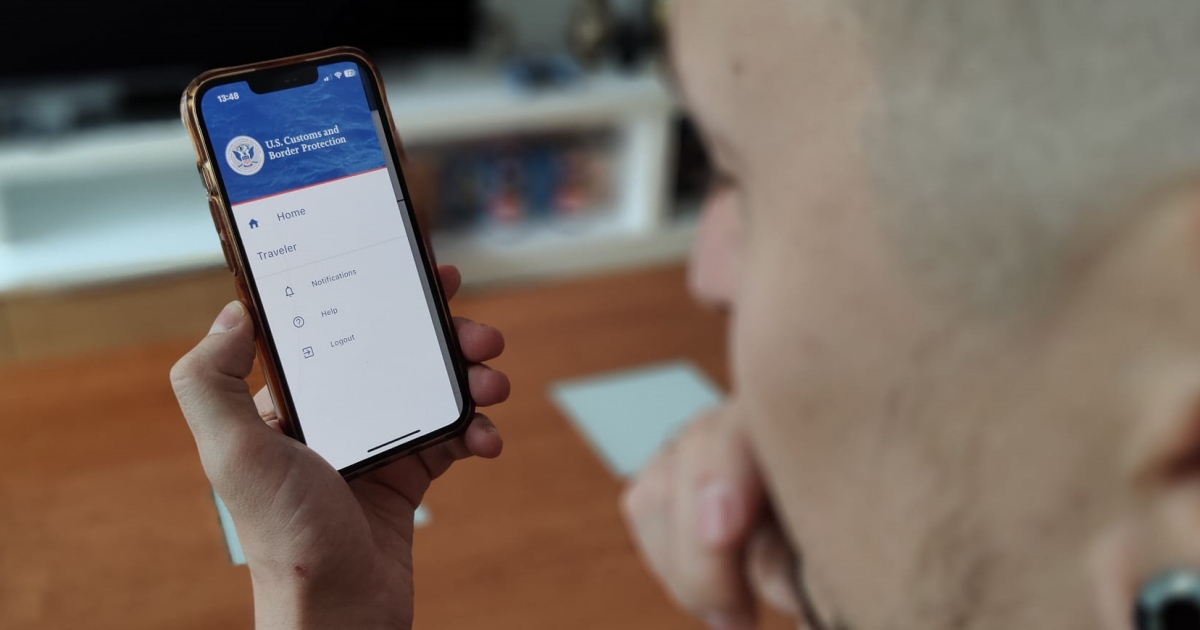
The Mexican states of Chiapas and Tabasco will join the areas where migrants can request online appointments to enter the United States through the CBP One application, U.S. authorities announced on Saturday.
This measure, implemented by the government of President Joe Biden, could relieve pressure on the Mexican government and reduce risks for individuals attempting to reach the northern border of Mexico to seek asylum, indicated a cable from the AP news agency.
The United States Customs and Border Protection (CBP) reported that the measure responds to a request from Mexico, an increasingly close partner of Washington in efforts to control large-scale migration flows.
CBP explained that the new policy will come into effect soon, although they did not specify the exact date; however, they noted that this change aims to prevent migrants from having to traverse the country northward to obtain one of the 1,450 appointments available daily.
The statement indicated that collaboration is taking place with the Mexican government to adjust policies and practices in response to recent migration trends and security needs.
The document confirms that bilateral relations between Mexico and the United States have drastically reduced migration since the end of last year, according to recent statements by Mexico's Secretary of Foreign Affairs, Alicia Bárcena.
U.S. authorities have indicated that an increase in surveillance by Mexico has led to a significant decrease in the number of migrants detained for crossing the border without authorization in the first half of this year.
The presence of Mexican officials at control points on highways and railways leading to the U.S. border has increased, sending most migrants back to the south of the country, AP reported.
The presence of Mexican officials at checkpoints on highways and railways leading to the U.S. border has increased, returning the majority of migrants to the south of the country.
In June last, Washington decided to temporarily suspend the processing of asylum for those entering the country without authorization.
This made scheduling appointments through CBP One one of the few options for migrants to apply for asylum in the United States, resulting in a further decrease in unauthorized border crossings.
The measure resulted in a 30% decrease in unauthorized crossings in July compared to the previous month, reaching the lowest level during Biden's presidency and the lowest since September 2020, U.S. officials pointed out.
Bárcena stated last Friday that: “We have managed to significantly decompress the northern border, and I believe that has helped our relationship with the United States to be very dynamic and positive.”
Since the CBP One app was first implemented in January 2023 until June, more than 680,000 people scheduled appointments at eight land crossings on the border between Mexico and the United States. Most of these migrants come from Venezuela, Cuba, and Haiti.
However, the mobile application CBP One has suffered from numerous technical problems, despite being essential for migrants at the border to request appointments and present their asylum cases at the ports of entry to the United States.
These technical issues, which have prevented dozens of migrants from confirming appointments for asylum interviews at the border with Mexico, were acknowledged by the United States government.
Despite this, a total of 17,563 Cubans entered through the borders of the United States during last June, according to data revealed by CBP.
That figure represents the lowest revenue in the first nine months of the U.S. fiscal year (FY2024), which began on October 1st.
What do you think?
COMMENTFiled under: